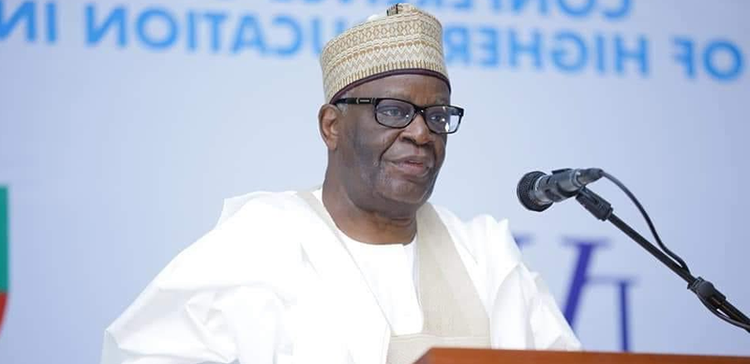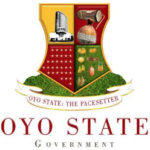A six-year livestock development initiative (L-PRES) is being jointly funded by Nigeria and the World Bank with the goal of increasing productivity and reducing farmers-herders conflicts in the country.
The project was inaugurated on Tuesday at the State Banquet Hall in Abuja by Professor Ibrahim Gambari, Chief of Staff (CoS) to the president.
In a message delivered by Gambari, President Muhammadu Buhari invited all the 36 states and the FCT to participate in the project.
He said that the country was successful in widespread vaccination of livestock against transboundary illnesses which helped protect the nation’s livestock sector.
He said, “Our commitment to the health and welfare of our livestock population in line with global best practices is evidently clear in the huge investments we have made into that. Between 2020 and 2022, more than 12.5 million doses of vaccines have been procured and administered against transboundary animal diseases of livestock and poultry. This is set to continue until 75 per cent coverage is achieved, which will guarantee eradication of these diseases, some of which are zoonotic in nature. In the long-term, it will facilitate Nigeria’s participation in international meat trade.
“Similarly, small animal veterinary clinics have been constructed in states across the geopolitical zones of the country.”
He further stated that the L-PRES project would “complement our efforts in the sector, as it is set to provide financing for explicitly mainstreaming climate change adaptation and mitigation objectives across all relevant policies and strategies, including the Livestock Master Plan (LMP), the National Livestock Transformation Plan (NLTP) and the National Agriculture Transformation Innovation Policy (NATIP).”
The Minister of Agriculture and Rural Development, Dr Muhammad Mahmood Abubakar, said the improvement of livestock productivity, resilience and commercialisation of specific value chains were the developmental goal of the L-PRES project, which also aims to increase Nigeria’s capacity to respond to crises and emergencies in the livestock industry.
Dr Abubakar said the goal was consistent with the National Agricultural Technology and Innovation Plan (NATIP) and the National Livestock Transformation Plan (NLTP), and it aims to achieve knowledge-driven agriculture for sustainable national food security and nutrition, as well as diversification, job creation, and resilience. The sector must recover and grow following the COVID-19 pandemic drawback adding this project will help unemployed youths in participating states and act as a Grievance Redress Mechanism (GRM) to help resolve conflicts arising from farmer-herder conflicts.
Speaking at the event, the World Bank’s Deputy Country representative, Ms Kathy Whimp, said that the program would receive technical assistance from the World Bank in addition to financial support to implement the initiative.
Ms Whimp emphasised that the bank was now investing in the development of Nigeria’s livestock for the first time in 20 years.
L-PRES, according to her, will help Nigeria resolve its farmers-herders conflicts and generate wealth and employment for young and many Nigerians along the value chains.

 Join Daily Trust WhatsApp Community For Quick Access To News and Happenings Around You.
Join Daily Trust WhatsApp Community For Quick Access To News and Happenings Around You.


